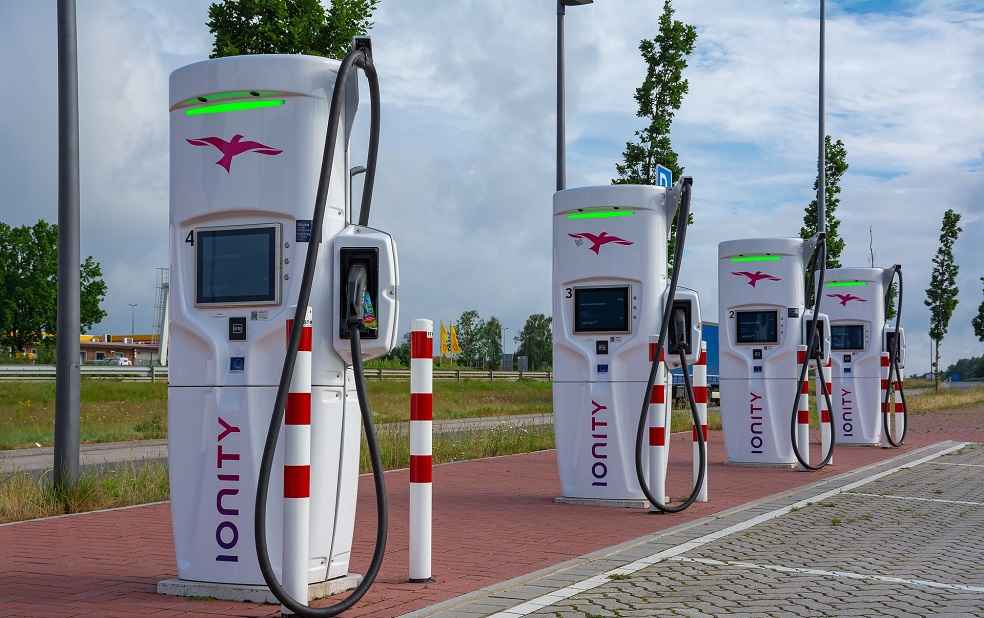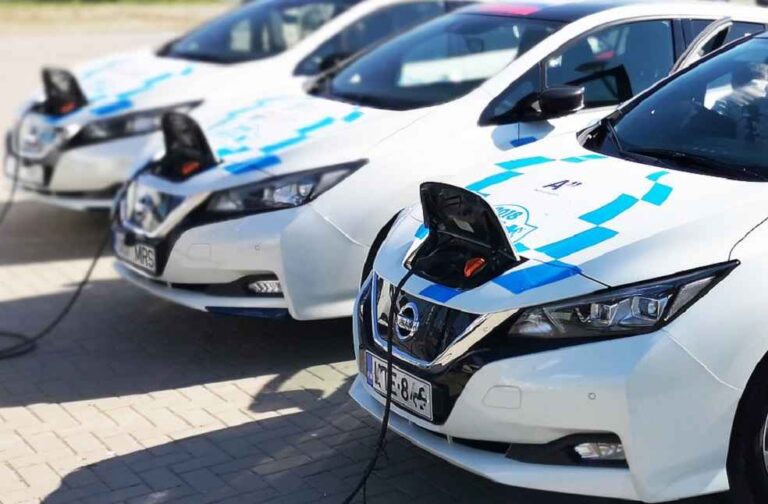Germany’s push for electric vehicle (EV) adoption continues to gain momentum, with the country’s charging infrastructure expanding significantly in 2022. According to recent reports, Germany added 35% more EV charge points in 2022, a development that highlights the nation’s commitment to supporting the growing demand for clean and sustainable transportation.
This expansion of charging infrastructure is a crucial element in Germany’s efforts to encourage EV adoption and reduce greenhouse gas emissions. The increased availability of charging points not only makes EV ownership more convenient but also helps alleviate concerns around range anxiety, which has been a significant barrier to wider EV adoption.
In addition to expanding the charging network, Germany has implemented various incentives and policies to support the shift toward electric vehicles. These measures include financial incentives for EV buyers, investment in public transportation and charging infrastructure, and a commitment to phase out the sale of new combustion engine vehicles by 2030.

Germany’s progress in EV infrastructure is supported by global trends in EV adoption. According to the International Energy Agency (IEA), electric car sales worldwide grew by 40% in 2021, with Europe leading the charge. In 2021, the European Union (EU) saw a 137% increase in EV sales, demonstrating the region’s growing appetite for electric vehicles.
As one of the leading automotive markets in Europe, Germany plays a crucial role in driving the transition to electric mobility. The rapid expansion of the country’s charging network, combined with supportive policies and incentives, is expected to accelerate EV adoption and contribute to a more sustainable transportation future.
With Germany’s continued investment in EV infrastructure and its commitment to clean transportation, the nation is well-positioned to lead the way in Europe’s electric vehicle revolution, paving the way for a greener and more sustainable future.





